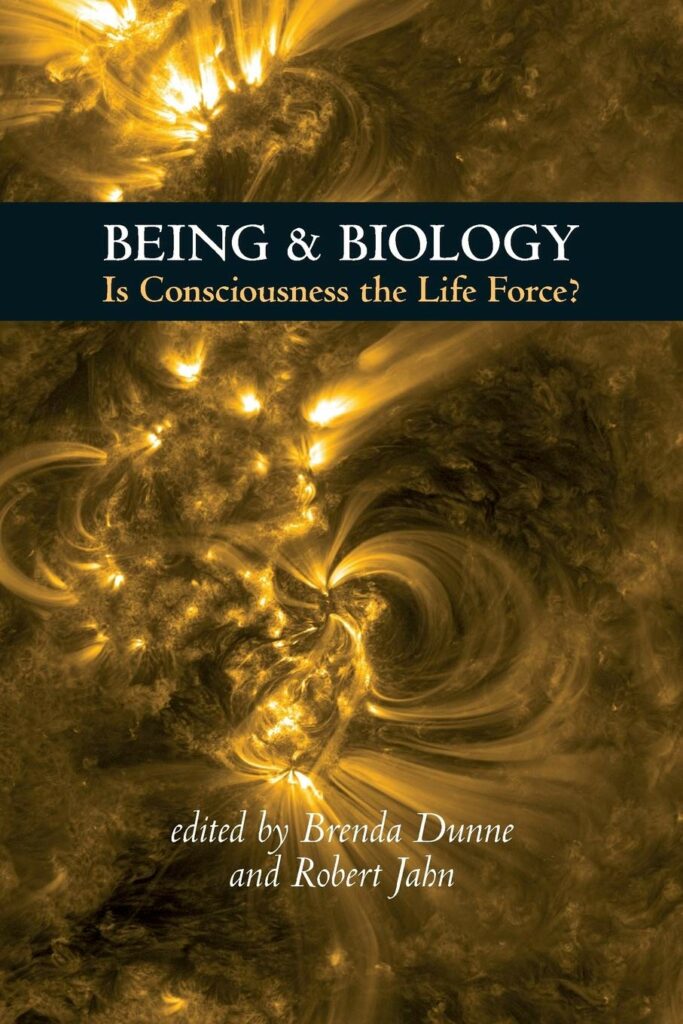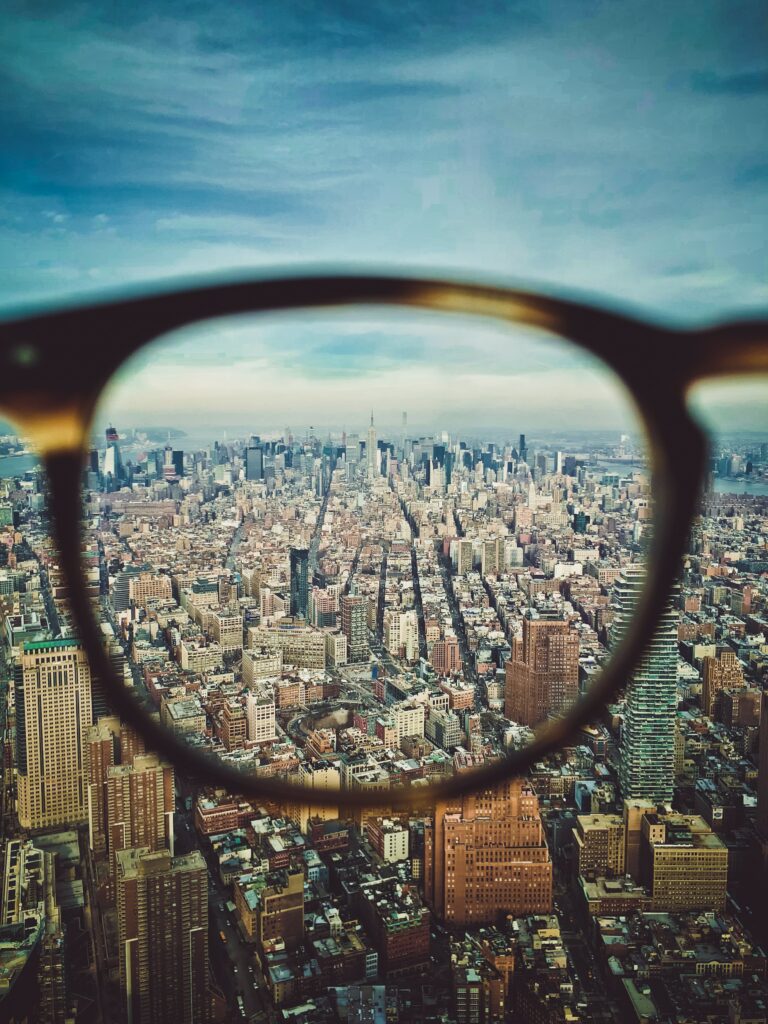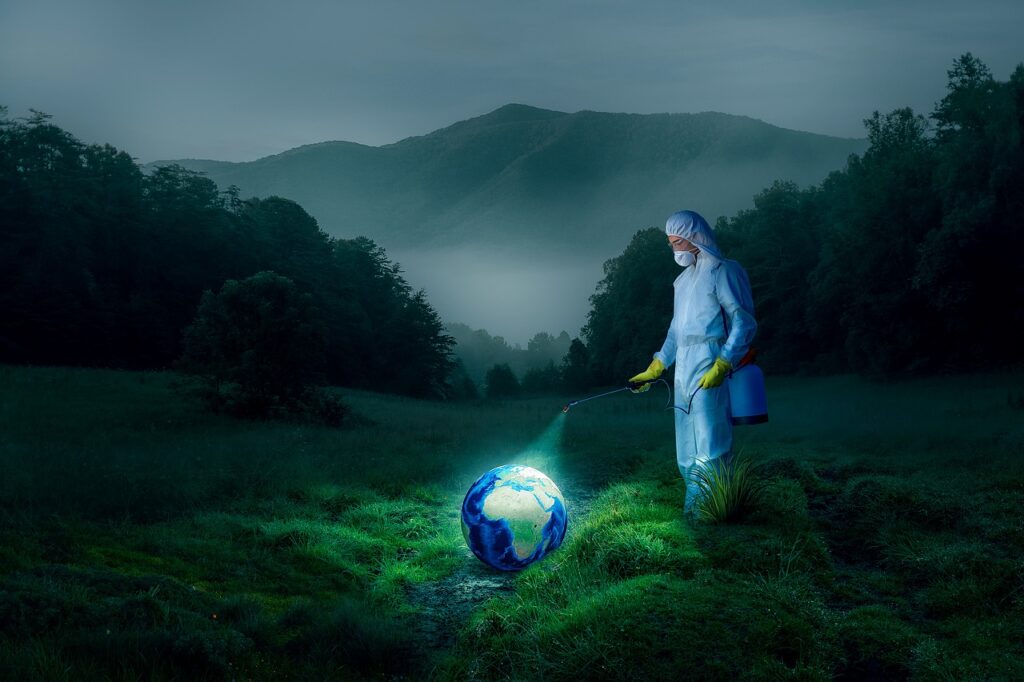
Dr Larry Culliford – A Pandemic of Possibilities
Coronavirus Lockdown: An Opportunity to Flourish
We are all growing wiser by the day.
It is quite something to realise that the well-being of others counts for more than one’s own health and safety, even to the point of dying; but that is exactly what COVID-19 is teaching people. Such self-knowledge is important, leading directly to personal maturity and wisdom.
As the pandemic proceeds, as regrettably it is likely to for many months yet, it continues comprehensively to affect all our lives, not least because, through the effects of “lockdown,” “self-isolation,” and “social distancing,” we are: i) obliged to spend much more time alone, or closely closeted with partners and family, ii) allowed out to take exercise only for about an hour once a day, iii) prevented from taking part in a wide range of otherwise normal activities. Unsurprisingly, at the time of writing (about five weeks into confinement), I have heard people say they are bored.
One blessing, in the south of England where I live, has been the remarkably consistent fine, warm, and sunny weather, interspersed with occasional, welcome brief showers. Also, happily, in this small town so far, few cases of COVID-19 have been reported, and no deaths. The only person to have been hospitalised, a woman close to 80, has already returned home and is recovering well. Nevertheless, we remain vigilant.
In books, some of my earlier posts, or on the World Wide Wave of Wisdom website, I have consistently recommended, in order to grow in wisdom, that people consider adopting daily routines called Personal Growth Plans (PGPs). Looking at these, we can see how well the pandemic lockdown promotes exactly the “wisdom exercises” involved. The simplest PGP, for example, consists of up to five parts, as follows:
- Regular quiet time
- Appropriate study (of both useful information and wisdom material)
- Regular acts of kindness and compassion
- Developing and maintaining affectionate and mutually supportive relations with others
- Time spent engaging with nature
Even a cursory glance reveals how isolation forces people to comply with such recommendations. We generally have more time to fill than before. Learning to quiet down and be still, possibly (but not necessarily) undertaking regular daily periods of meditation, will therefore be to great advantage. In families where children as well as parents acquire this skill—to become still and silent at will (even for just 5 minutes at a time)—harmony is the rule. Stress levels are kept under reasonable control. And this first accomplishment to large degree supports the remaining four.
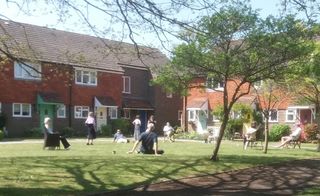
One of the best remedies for boredom is an attitude of curiosity, a compulsive desire to discover and improve our understanding of things, both stuff out there in the world and (even more importantly during challenging times) motives, ambitions, values, and priorities within ourselves. Finding out as much as possible about the coronavirus, the threat it poses, and how to minimise this, makes a good start. For children, and parents teaching them at home, there is, of course, schoolwork to engage with. But for everyone, in addition, there are the bigger “life and death” questions to attend to—questions about, for example, “what is life for?” These are the questions that a deadly virus presents us with day after day. “How can we avoid feeling helpless, hopeless, and worthless?” “How might we use this unprecedented opportunity to rediscover, within ourselves and each other, valuable sources of strength, courage, compassion, wisdom, and hope?”
The answers, in part, come through the remaining three parts of the above formula, and do so because at the deepest level of humanity we are connected, each to everyone else. The indiscriminate global spread of the virus itself shows that. Acts of kindness and compassion help us recognise and honour that seamless interdependence, as is already being widely demonstrated by the selfless acts of those caring for the sick, the lonely and grieving, and those providing essential services for all. The astonishing thing, some people are finding, is how good doing something to benefit another person makes you feel.
Friendships and family relationships do not always fare well under conditions of enforced proximity, so particular efforts are required; of kindness and consideration, tolerance and forbearance, gratitude and forgiveness, when tensions rise in lockdown households. Similarly, when people are forced apart, we do well to take special care to maintain valued distant connections, through cards and letters, phone-calls, emails, Skype, Zoom, carrier pigeon, prayers, et cetera. This is the challenge of the pandemic, which also provides many opportunities to improve our relations with others and forge new friendships, as a wonderfully uplifting spirit of camaraderie spreads throughout our communities. People in the group pictured above have clearly found a commendable way to congregate for coffee every morning while maintaining safe social distancing.
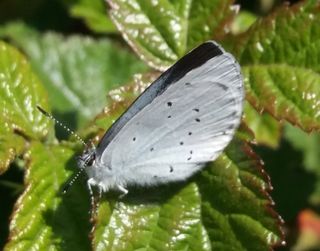
And numerous forms of exercise, even simply spending more time in parks and our gardens, have re-introduced many of us to the glory that is nature, to which we are all equally seamlessly connected. This deep sense of connection—to everyone else regardless of any distinctions, to the entirety of nature, the planet, and the cosmos—is worth reflecting on during those periods of quiet time each day; for it is this which best gives our human lives meaning, offering us a true, universal sense of belonging, and a heart-warming sense of self-worth.
Knowing that death comes to all living things, while the great, eternal, creative, cosmic life force forges unceasingly ahead, helps many make sense of it all. This, unless I am much mistaken, and as I suspect many are now finding out, is the true foundation of wisdom. Therefore, because virus lockdown is forcing folks (even if inadvertently) to follow some part of the five-fold prescription listed above, we are all, collectively, growing wiser by the day, dwelling more effectively in the moment, rather than regretting the past and fearing the future, thus preparing ourselves and our world, as the pain and suffering eventually subside, for a better, saner, safer, healthier, and happier future. I only hope I am right.
Copyright Larry Culliford
See Larry’s earlier post, “A Pandemic of Possibilities,” and his website for additional information.

